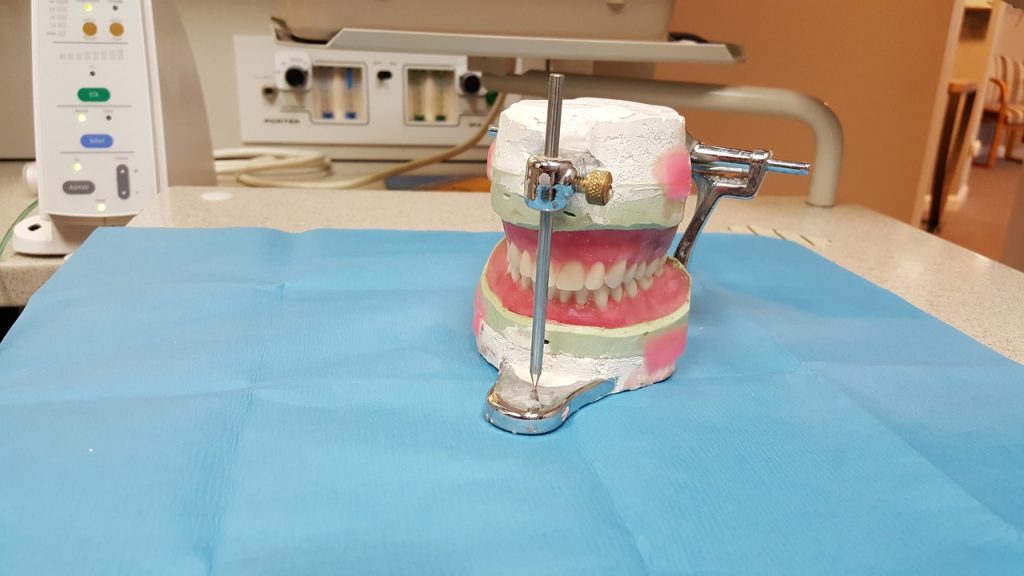If you are one of the many people who are curious about having oral implants fitted, it may surprise you to learn that, while uncommon, there is a group of dental patients who are not suitable for the traditional endosteal implant.
While this information can be disheartening to learn when you are attending a consultation for oral implants, it is usually due to one of the following reasons. You may have damage to your jawbone, which means it cannot support an oral implant. Your jawbone may be too thin, and thus would not be wide enough to accommodate a traditional implant. Also, while your dentist cannot strictly stop you from having oral implants fitted due to lifestyle choices, if you smoke cigarettes or regularly consume alcohol, this can increase the failure rate of implants, potentially making the entire process worthless.
Luckily, an endosteal implant is not the only type of dental implant Melbourne. If you discover that you are unsuited for the traditional dental implant, there are a few other options available. Read on to find out what they are and which clinical situations they are likely to be used in.
Subperiosteal implant
When you approach your dentist and are desperate to have a dental implant fitted, but your jaw is too narrow, you may be a suitable candidate for subperiosteal implants.
A traditional endosteal implant is fitted into the jawbone and is a single titanium screw; a subperiosteal implant is a metal framework, which sits on top of your jawbone, but below the gum.
Along the framework are small posts, which are designed to hold the prosthetic tooth or teeth in place above the gum.

Zygomatic implant
If you need to have implants fitted in your top jaw, but are not suited to having traditional options, a zygomatic implant may be the solution for you.
Similar to an endosteal implant, but about 3 times longer, zygomatic implants are used when the upper jawbone is too thin to support a traditional alternative. Rather than being attached to the jawbone itself, zygomatic implants are attached to the zygoma, or cheekbone, hence the additional length.
Like traditional implants, you may need more than 1 fitted if you are having a partial denture or a bridge fitted, but they can also be used to support a single lost tooth.
Micro or mini-implant
Well, simply put, it’s all in the name!
Whereas an endosteal implant is an average of 3.5 mm in diameter and can be anywhere from 6.5-15mm long, a micro or mini-implant is about 1.8mm in diameter and often between 7 and 10mm long.
Usually used when the jaw is too thin to support a regular implant due to its diameter, mini implants are fitted into the jaw as endosteal options are, but are not suitable for supporting more than one prosthetic tooth at a time, so depending on how many teeth are missing, you may need a few of them!
Whatever the result of a consultation about dental implants with your dentist, there will almost always inevitably be a solution to your particular situation.
DISCLAIMER
Any surgical or invasive procedure carries risks. Before proceeding you should seek a second opinion from an appropriately qualified health practitioner.

